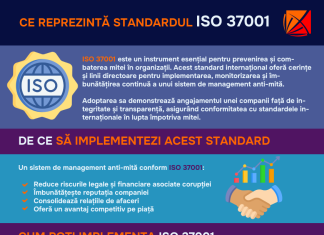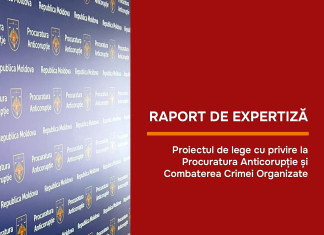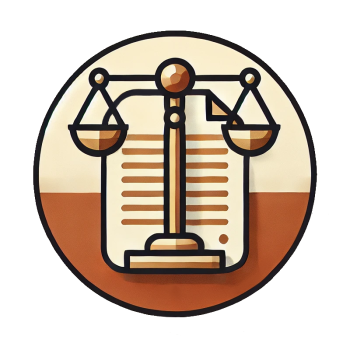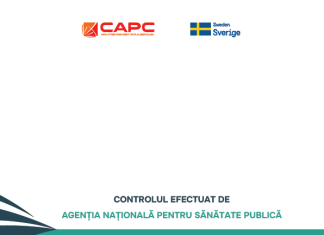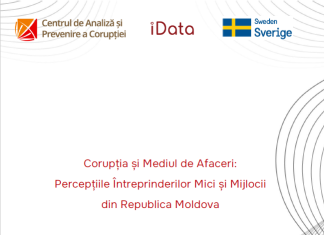The Centre for the Analysis and Prevention of Corruption (CAPC) is a non-commercial organization, registered with the Ministry of Justice on 19 April 2000, which began its activity in 2004.
According to its statutory purposes, CAPC shall:
- Contribute to reducing the level of corruption in the country to a level that would not affect the rights and freedoms of citizens;
- Raise the level of awareness of the danger posed by the phenomenon of corruption for the state;
- Study the level of corruption in society and the state;
- Determine the spheres most affected by corruption;
- Raise the level of transparency in the activity of the state and political institutions bearing in mind that corruption occurs where there is no transparency;
- Establish a public control over the activity of state institutions bearing in mind that the latter have to carry out their activity on account and in the interest of society.
CAPC has implemented more than 40 projects aimed at preventing corruption through research, analysis, evaluation and monitoring of public policies and institutions, by supporting actors in the field, developing innovative tools, strategic litigation and conducting awareness and information campaigns on the phenomenon of corruption.
Main projects: corruption and vulnerability risk assessment of draft legal acts from the perspective of human rights; elaboration of studies and empirical research in the field of anti-corruption and justice; conducting surveys; green-line free legal advice; elaboration and application of methodological tools for monitoring and evaluating anti-corruption policies and public authorities; development of web platforms for the collection of public interest data, as well as information and communication on new anti-corruption areas.


